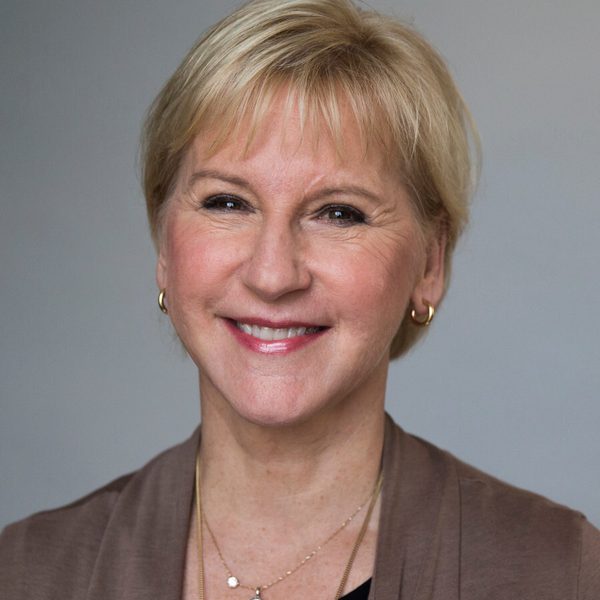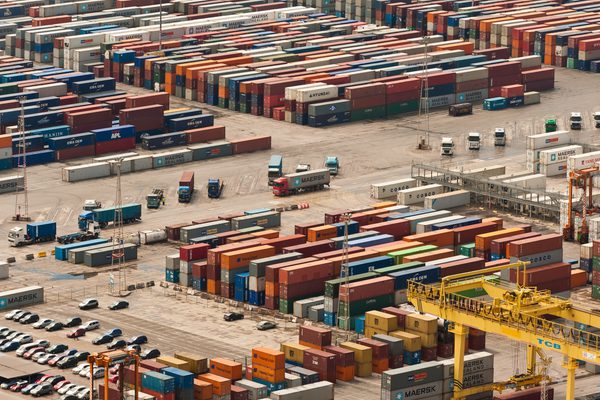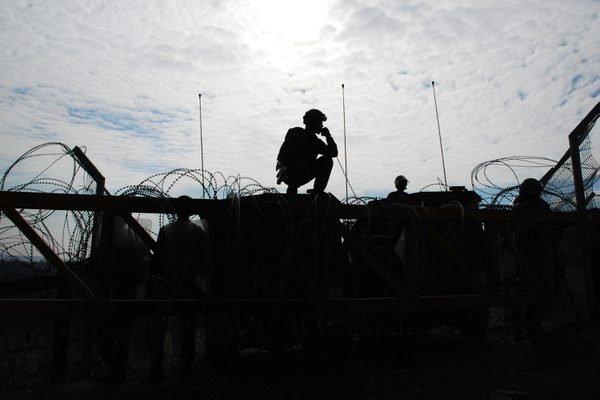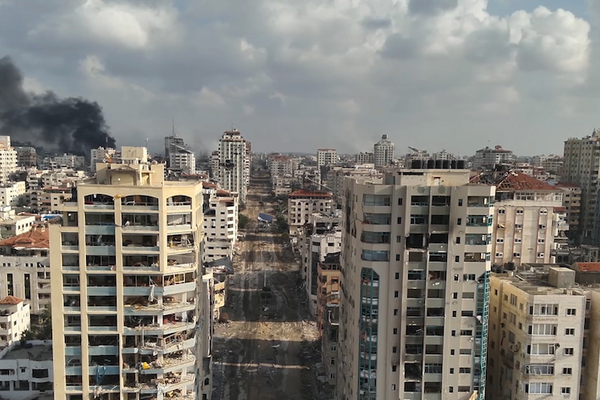Responsible Business in Uncertain Times: Strengthening Corporate Leadership Amidst Widening Global Conflicts
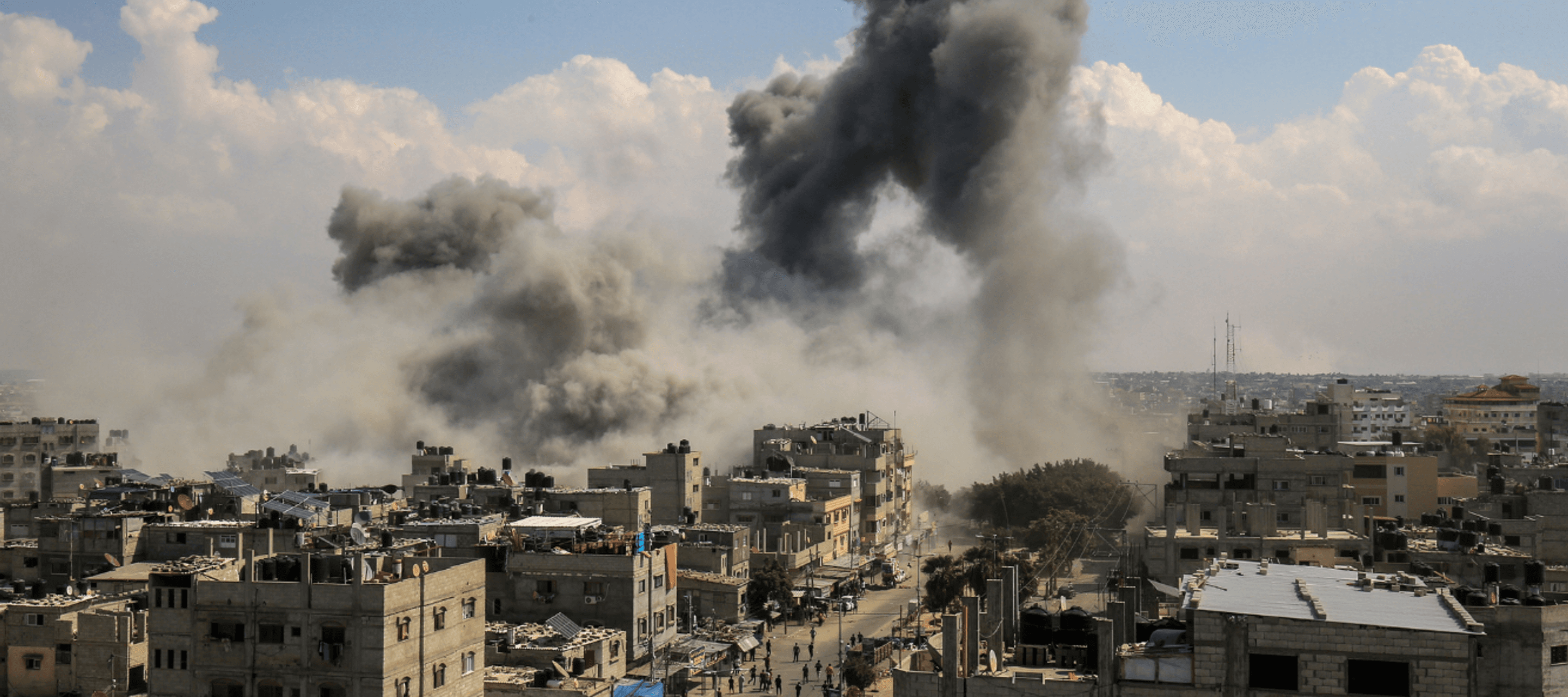
Overview
The global operating environment for business is increasingly unpredictable, presenting new dilemmas for companies, governments and communities. Conflict, and the risk of conflict, exists in many forms and at many levels within and across our societies.
In these uncertain times, what steps should companies take to respect human rights law and norms, as well as international humanitarian law? How can business leaders reduce the risk of their activities contributing to conflict? In what ways can existing frameworks and tools be more effectively deployed to help guide and strengthen responsible business action?
Leading thinkers from business, government and civil society will seek to answer these key questions during this special one-day IHRB event, hosted at the International Committee of the Red Cross (ICRC) in Geneva.
The agenda will include:
- Expert speakers with on the ground experience of advancing responsible business in conflict-affected areas, focusing in particular on commodities, technology and finance sectors.
- Focused discussions on laws and frameworks that can help businesses address conflict-related dilemmas, including the implications of the new EU Corporate Sustainability Due Diligence Directive.
- Practical actions to help navigate societal conflicts and establish trust between companies and their stakeholders.
- Opportunities for networking and strengthening connections with key stakeholders among Swiss-based and international business communities, governments, civil society, and Geneva-based international institutions.
The discussions at this event will build on earlier IHRB meetings in Copenhagen (October 2023) and Washington, DC (February 2024) all aimed at fostering greater understanding and action on how businesses should respond to an age of growing conflict and uncertainty.
Welcome remarks
09.30 - 09.50 CET
An introduction to the event theme and format.

Tim Enderlin
Ambassador / Head of Peace and Human Rights Division (PHRD) Swiss Federal Department of Foreign Affairs (FDFA)
Setting the scene
09.50 - 10.30 CET
Conflicts between and within nations have significant impacts on business activities around the world. How should business leaders responsibly address the realities of ongoing conflicts and the consequences of destruction, displacement and environmental devastation? What roles should businesses play in supporting conflict resolution and in contributing to lasting peace? Where are examples of businesses effectively partnering with civil society and other actors to prevent or end conflicts? Speakers in this session will set the scene for the panel discussions to come.

Nada Al-Nashif
United Nations Deputy High Commissioner for Human Rights
Moderator
Business and the work of the ICRC
11.00 - 11.30 CET
A short conversation with the Vice President of the International Committee of the Red Cross/Crescent about humanitarianism, conflict and the role of business.

Gilles Carbonnier
Vice President, International Committee of the Red Cross/Crescent
Panel 1: The Role of Commodities in Uncertain Times
11.30 - 12.45 CET
At a time when production of critical energy transition minerals is destined to increase, what are the prospects for conflict-free minerals such as copper, lithium, nickel, cobalt and rare earth elements? This session will reflect on what we have learned from human rights and revenue transparency multistakeholder initiatives. How they are used by the minerals/metals value chain, and are they effective? Where have they succeeded, and where have they failed to prevent and address conflicts? How will they align with emerging regulation to create a 'smart mix' of voluntary standards and law? Where will the gaps be, and what needs to be done to address them?

Anna Krutikov
Head of Sustainable Development, Glencore

Josie Kaye
CEO, TrustWorks

Marlène Wäfler
Programme Manager, DCAF - Geneva Centre for Security Sector Governance

Mike Davis
CEO, Global Witness
Moderator
Panel 2: The Role of Finance in Uncertain Times
13.45 - 15.00 CET
The international financial system is the engine of the global economy and can be closely intertwined with various forms of conflict and instability. What then is the role of the responsible financial institution, be they a private bank, an investor, a state-based or multilateral financial institution? What steps are being taken to adjust to more uncertain times?

Christian Leitz
Head of Corporate Responsibility, UBS

Dominique Habegger
Chief Sustainability Officer, de Pury Pictet Turrettini

Mouna Algelly
Legal Advisor, Commodity and Finance, Public Eye
Moderator
Panel 3: The Role of Technology in Uncertain Times
15.30 - 16.45 CET
Technology is all-pervasive. It can mitigate or accelerate conflict. Regulators, and even tech companies, are struggling to keep up. What should companies be wary of, what should they watch out for? What have we learned from the conflicts in Myanmar, Ukraine, and Gaza? What have companies learned from the abuse of technology in Sri Lanka, Bangladesh, and India?

Gabrielle Guillemin
Human Rights Manager, Expression and Standards Lead, Meta
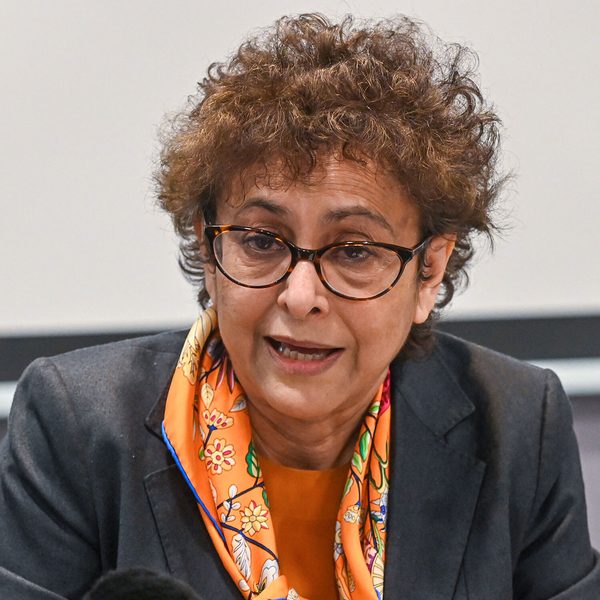
Irene Khan
UN Special Rapporteur on Freedom of Opinion and Expression

Lene Wendland
Senior Advisor on Business and Technology, Office of the United Nations High Commissioner for Human Rights (OHCHR)
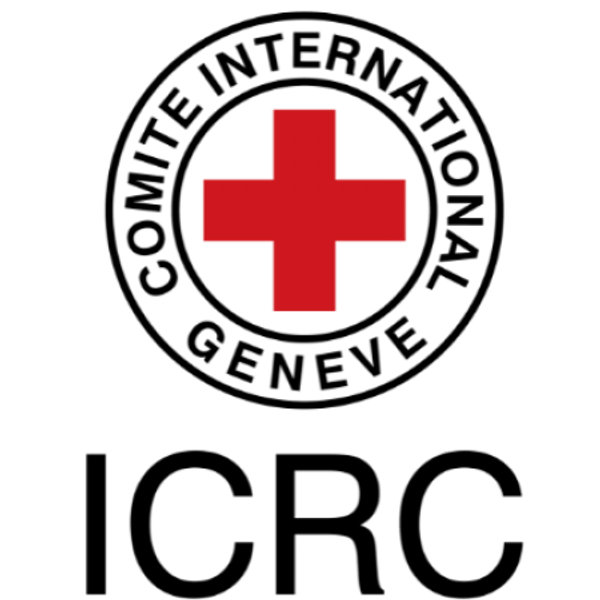
Pierrick Devidal
Senior Policy Adviser, International Committee of the Red Cross/Crescent

Ramsha Jahangir
Senior Policy and Communications Associate, Global Network Initiative
Concluding Panel
16.45 - 17.30 CET
Reflections on the day's discussions and closing remarks.

Christian Frutiger
Assistant Director General, Swiss Agency for Development and Cooperation

Gerald Pachoud
Managing Partner, Pluto & Associates, former Principal Officer in the Executive Office of the UN Secretary General
